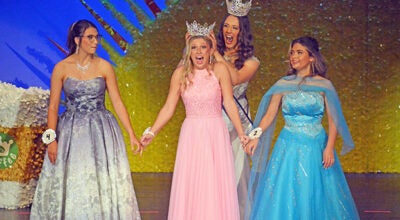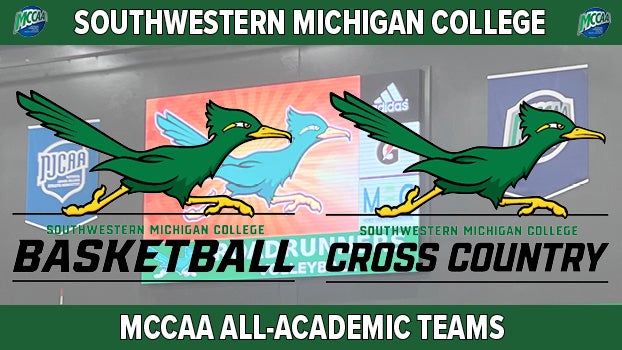Pokagon water specialist meets with Rotary
Published 9:37 am Monday, January 11, 2021
|
Getting your Trinity Audio player ready...
|
DOWAGIAC — Water was the topic at hand at the Dowagiac Rotary Club’s weekly meeting Thursday via Zoom.
Grant Poole, a 1990 graduate of Dowagiac Union High School and water quality specialist with the Pokagon Band of Potawatomi Indians, was the special guest this week and discussed his position and how the Pokagon Band takes care of its bodies of water.
As a sovereign tribe, the Pokagon Tribal Government is comprised of many different departments, including the natural resources division, Poole said. Poole is responsible for managing the tribe’s waterways, forests and plant and animal life in a similar fashion to the Michigan Department of Natural Resources and Department of Environmental Quality.
One of the main roles the department provides Pokagon citizens is caring for the tribe’s watersheds that are dotted throughout the property the tribe owns in southwest Michigan and northern Indiana.
“Every year, I collect biological, chemical and physical data on tribal waters related to those properties,” Poole said. “At the end of the year, I compile that data and create a report.”
Poole walked the club through how it can locate the Pokagon Band’s water data as well as the state’s water data online through the Environmental Protection Agency’s website MyWaterWays.
“It’s nice that the general public has access to data,” he said. “It’s pretty cool if you’re into water quality stuff and understanding the impairments that are going on. I think the EPA is going to be improving this greatly over the next few years.”
When asked what contaminants the department was finding in local watersheds, Poole said that he has a list of them but that he is primarily concerned about nutrients.
“Nitrates, phosphorus, E. coli,” Poole said. “Those are the kind of core ones that the EPA wants us to sample for.”
According to Poole, if his department wants to sample for other concerns, it has to create a quality assurance project plan to show the EPA how it plans to use funds to sample for different chemicals.
“Overall, we’re not finding too many issues with the Dowagiac River,” he said. “E. coli is probably our biggest concern. It jumps over standards on a fairly
consistent basis.”
Poole also showed the club data on the number of species found in the tribe’s various watersheds. To determine what species live in a given body of water, Poole’s department conducts electrofishing surveys, which involve the use of an electrical current to capture fish. Creek chubs, sculpin, pike, walleye and pirate perch and more have been found in the watersheds.
“We want to make sure that the species we’re finding are in their preferred habitat,” Poole said. “Some species’ preference would be streams with cooler water temperatures and others would be better in warmer water streams. You would find a slightly different makeup of fish in those streams.”
Poole has also been assisting the DNR with the Pucker Street Dam removal project.
“We’ve been going there once a month to measure a riffle area and a pool area downstream of the dam removal to see if sediments are accumulating and how well the river is holding up,” he said.
Gunn thanked Poole for sharing his knowledge with the club.
“It was an excellent program,” Gunn said. “I learned a lot more than what I already knew. Grant is a great asset to our area.”






